The struggle for rehabilitation
Students are reluctant to be in the school where they saw their classmates die.
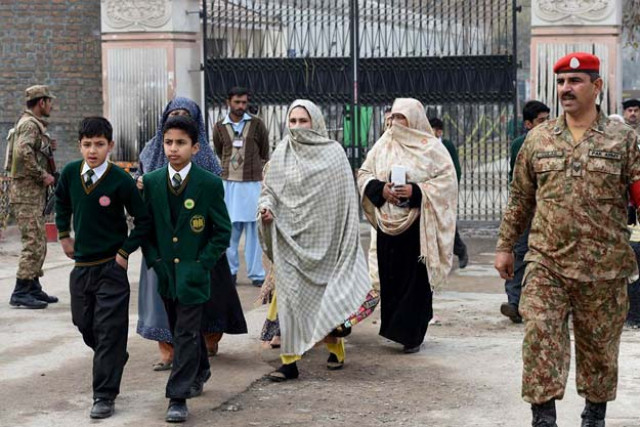
PHOTO: AFP
Nearly three months have passed since terrorists led a bloody rampage in Army Public School, killing 150 people, mostly schoolchildren. Although the school reopened on January 12 amid pledges of bravery, fear has made a permanent place in the hearts of many. How to counter that fear is a question which still needs to be answered.
The dread
School hours have become a battle of nerves for schoolchildren and patients alike; students are reluctant to be in the school where they saw their classmates die.
Seventh-grader Shehryar Khan said he goes to school regularly but there are days when he remembers the attack and does not want to leave home. According to Khan, the administration has given them instructions on what to do in case of a terror attack; don’t panic, lie on the ground, but he is often hesitant to go.
In support
Religious personalities and civil society organisations have come forward to help parents of victims deal with their loss. Jamaat-e-Islami organised a meeting for mothers, while the Shuhada Forum arranged a four-day session for bereaved parents where it brought in three mental health practitioners to engage parents in various activities.
The government is also making efforts to rehabilitate affected people; it is setting up a Child Trauma Centre at Lady Reading Hospital (LRH). It also sent surviving students on a foreign trip and plans to send bereaved parents for an Umrah to help divert their attention and ease them back into routine life. As yet 10 students have been on a 10-day trip to China.
The plan
According to Pakistan Psychiatric Society President Dr Syed Muhammad Sultan, the government has notified doctors in several Peshawar hospitals as point persons. APS survivors and bereaved parents can seek counselling from them.
“Doctors are educating people about mental disorders that can occur after witnessing traumatic situations,” said Sultan.
Dr Mian Mukhtar, the head of LRH’s psychiatry ward who is spearheading the Child Trauma Centre, said their plan is to first make a team which would provide therapy services to students, parents and teachers.
To achieve that, training of students of University of Peshawar’s psychology department and the psychiatry ward’s doctors is currently under way by “master trainers”. Eventually these professionals will eventually staff trauma centres across Peshawar.
“We have already trained 147 teachers from public and private schools, including APS and federal schools over a period of three days,” said Mukhar. “This is besides training psychologists and psychiatrists.”
Earlier in January, four experts with foreign qualifications arrived to help counsel those affected by the massacre and help with training. Some of the teacher training sessions were conducted by Professor Arshad Hussain and Dr Asad who arrived from Missouri, USA.
According to Mukhtar, Combined Military Hospital (CMH) has all the details which are needed to contact APS survivors. “APS students are being exclusively dealt with by CMH,” said the doctor. “But we want to locate select cases.” Their team is thinking of reaching out to parents directly at their residence, he added.
Mukhtar shared Dr Lubna, who arrived from the US on February 10, is working with APS survivors, parents of the deceased as well as other patients with mental health disorders free of charge at the LRH psychiatry department. During her visit, Dr Lubna was also tasked with training and supervising trainees.
According to Mukhtar, they intended to make counselling facilities available across K-P in future. “It will be hard but we plan to train two teachers from each school. Once they are trained, they will be able to treat students, parents as well as other teachers.”
He shared the plan is to recommend a once-a-week mental health class at educational institutions across K-P.
Therapy not medication
University of Karachi (UoK) Department of Psychology Chairperson Dr Anila Amber Malik said children pretend to be brave but have their fears. She said experiences like the APS assault leave their developing personalities scarred. “The world will never be the same for the victims.”
Dr Malik had earlier told The Express Tribune that at the moment, the focus remained on psychiatrists, not psychologists. Instead of medication, “victims need to develop coping capabilities to overcome the post-traumatic stress.”
“Diagnosis depends entirely on the intensity of the impact [of the trauma] that the assessment reveals.” Dr Malik said restructuring and modification of behaviour is the underpinning of needed treatment.
“APS attack victims are left to the mercy of haunting memories. Only announcements have been made about helping them, practical work is yet to be seen,” said Dr Malik.
On behalf of UoK, she offered her department’s help to the K-P government for rehabilitating the bereaved families and survivors.
Published in The Express Tribune, March 9th, 2015.


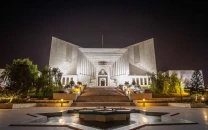

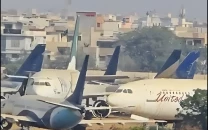
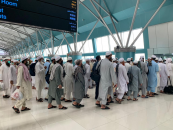
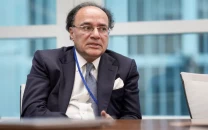

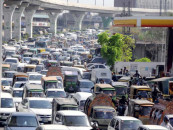

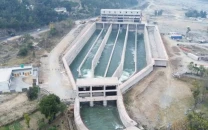
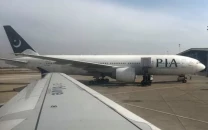







COMMENTS
Comments are moderated and generally will be posted if they are on-topic and not abusive.
For more information, please see our Comments FAQ